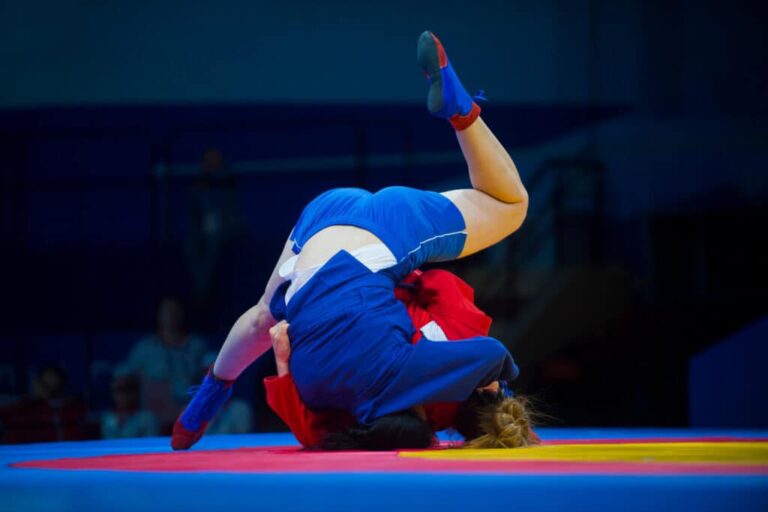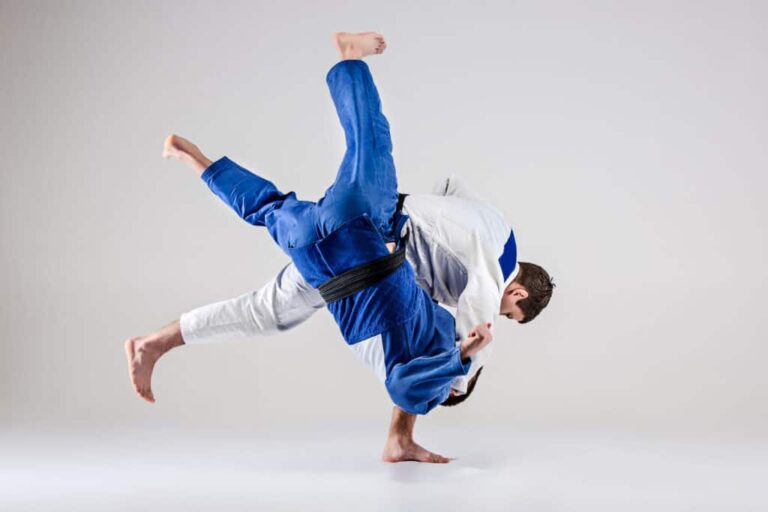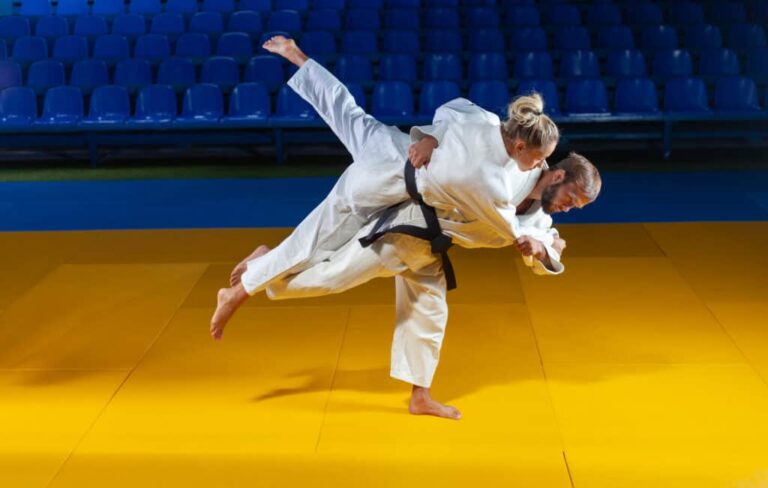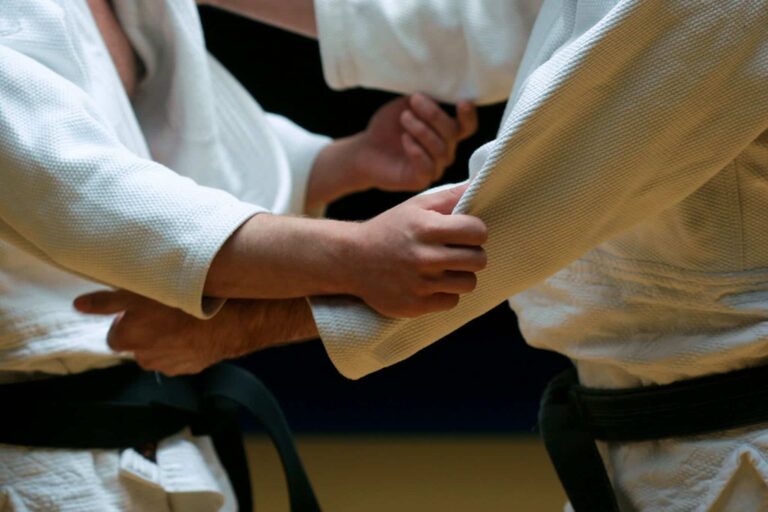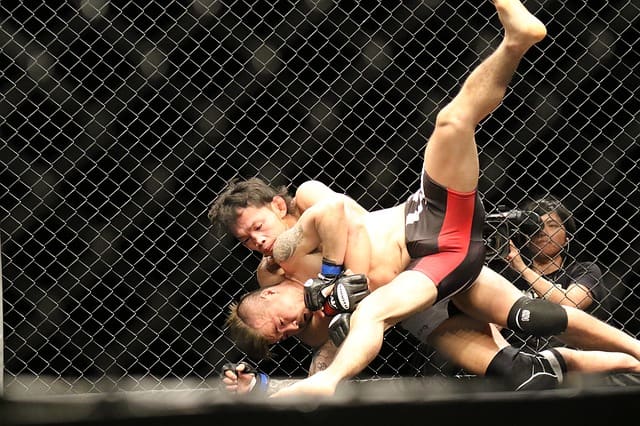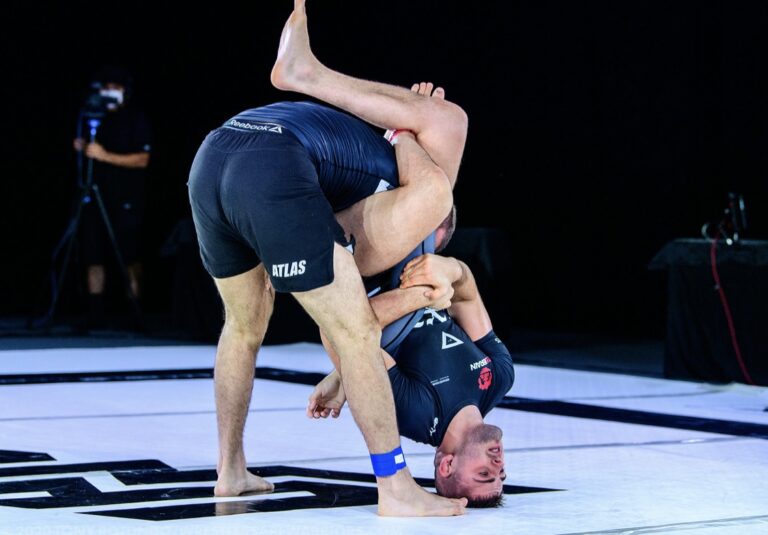What Is the Best Age To Start Judo?
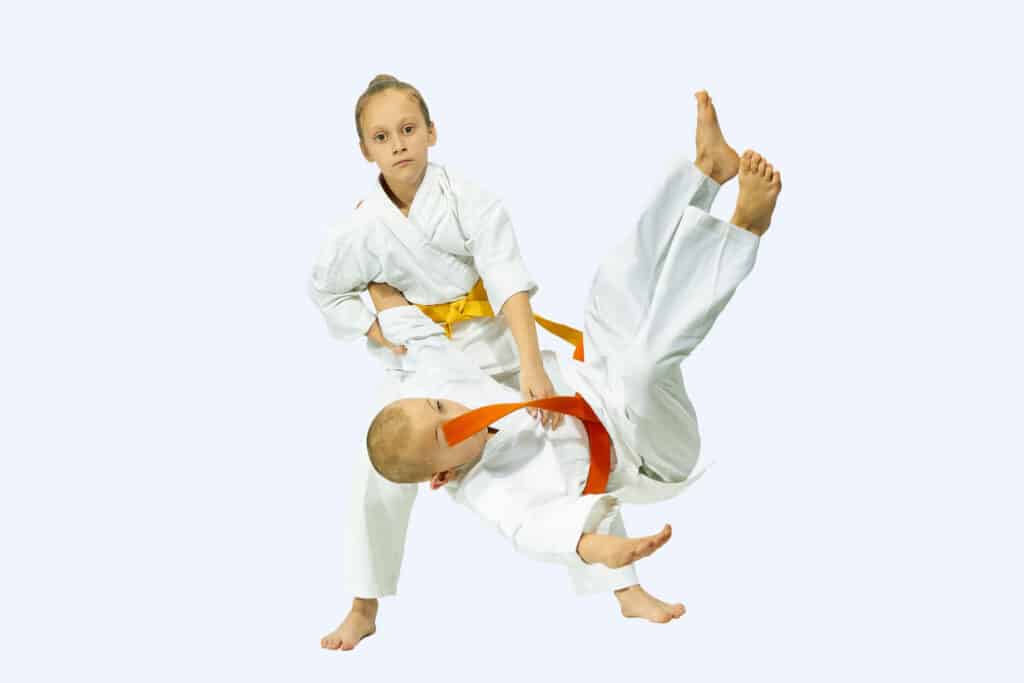
It’s hard to know the perfect age to start your child in judo. The truth is it depends on your child and whether or not they are ready. That being said, there are better ages to start your child in judo that give them a better chance and becoming world-class.
The best age to start judo is between four and eight years old—enough for learning the judo basics. Most kids start to develop the cognitive and motor skills required for judo between eight and ten years, making it the perfect time for structured training and giving them the best chance of becoming world-class.
Of course, not everyone reading this wants or expects their child to become an Olympic judo champion. If that is you then you do not need to stress about when is the ideal deal time to start judo.
You simply want to wait until they are ready to join a dojo. This can vary from child to child depending on their maturity as well as their eagerness to train in martial arts.
If you have a background in judo yourself, then you can start teaching very basic concepts at a very young age. But at what age will judo dojos start to accept students?
What Age Can Kids Join a Judo Dojo?
A child needs to be at least four years old to be introduced to judo. Most clubs allow four and five-year-olds to enroll in pre-judo classes, where they learn the basics of judo movement through games and tumbling.
Pre-judo is preschool for judo because even though kids don’t learn anything too technical, it prepares them for the advanced stuff by developing balance, coordination, and agility.
Six to eight is the perfect age gap for a child to start judo, as most kids at this age will be in first or second grade where they can take and process instruction. At this life stage, children experience a massive jump in both attention spans and cognitive skills.
But even in this stage of fast cognitive and physical development, training for young judokas focuses primarily on the fun. While they still learn the fundamentals of judo, the emphasis is on ensuring that they enjoy and develop long-term affection for the sport.
Make Judo Fun For Kids
Play is a prime motivator for children (read about other child motivators here), and letting young judokas have fun tumbling around without too many instructions can help keep them engaged in the long run.
Understand that while the six to eight age bracket is widely accepted as the lower age limit for starting judo, there might be a few exceptions because everyone develops differently. Some kids at this stage may not be quite ready for judo, while others might be ready as young as three or four.
Both cases are more of an exception than the rule, but it’s worth keeping in mind when deciding when to enroll your child in judo. Thankfully, some indicators can help you assess if your child is old enough to learn judo.
Is Your Child Ready For Judo?
The best way to tell if your child is ready for judo is to take them for a “trial run” at an age-appropriate class in your local judo club. Let your child mingle and tumble with other kids and observe how they compare to the rest of the class in terms of:
- Physical attributes and abilities
- Language/communication skills
- Concentration span
- Attention levels/enthusiasm
Whether you think your child is ready for judo or not, don’t decide just yet. Let the instructor size them up because the class you’re using to judge your kid’s readiness may not be an accurate reflection of the typical judo class for that age group.
A good judo Sensei who has worked with many kids can help you decide if your child is ready for classes. Of course, since you are paying them there is a chance that they will encourage you to enroll them at a younger age even if they are not ready.
That would of course, not be a good Sensei but it could happen. So think of them as an experienced guide rather than the ultimate authority. As a parent, you are also a good gauge of whether or not your child is ready.
If your child is physically and mentally advanced for their age, start them earlier than their peers and vice versa. In other words, don’t tie age to ability and potential.
Another thing to consider is how your child acts naturally. If they are inclined to want to rough house and wrestle with friends and siblings then it is a sign that they might be ready to try judo. On the other hand, if your child is shy and does not like roughhousing then they might need more time.
The Best Age To Start Judo To Become World-Class?
The perfect age to start judo for anyone looking to participate in professional competitions is before eight-10 years of age. Of course, if your child is over this age that does not mean it is too late. Just getting them started earlier would probably be ideal.
Young people between eight and ten years old start to develop the mental ability needed to grasp complex concepts and technical drills and skills. With an engaging instructor, young judokas in this age group will begin learning and advancing their skills through imitation, observation, and guided discovery.
They won’t require much spoon-feeding when it comes to instructions. Instead, they’ll start to build on what they’ve learned by doing independent research, experimenting with various moves through trial and error, and exchanging ideas with peers.
At this time, judokas start to sequence their favorite moves into combinations when their instructor only taught the techniques independently. But even in this age group, children still want to have fun, so their structured judo training will be punctuated with judo-rated games and “more freestyle” grappling drills.
Best Age To Start Competing In Judo?
Ages 11 to 13 years is when the judoka starts to learn to train hard. But 14 to 16 is when they begin training to win. The latter age group is a critical stage in a young judoka’s development.
With several years of experience in judo, they’ll likely have developed a handful of techniques and can now begin to perfect them and develop the stamina and strength they need for competing in judo. That’s why training for judoka aged 14 to 16 is primarily about repetition through nage-komi and uchi-komi.
To help you understand why the 14 to 16 age group is critical to judoka development, let’s look ahead by about ten years when they’re 25-26, which is the prime age for judo practitioners because the average age for winning World Champions and Olympic Games medals at senior level is 25 years.
Generally, judo practitioners will have at least eight years of training and experience before winning anything at the senior level.
So, by starting competitive training by the time they’re 16, they set themselves up for success by ensuring that they’ll have enough experience by the time they start competing at the senior level.
Benefits Of Starting Judo Early
Judo teaches children respect and discipline even at an early age. In addition, there are also many mental and physical benefits of training judo from an early age.
Maurice Topper conducted a scientific study published (GGZ Noord Holland, De Friesland and Sport Fryslân 2020) in Holland to study the effect of school judo on the mental and physical health of children.
What the study found is that judo had a positive effect on children’s mental health. Benefits include:
- Problems with peers decreased significantly
- Social anxiety and worry are reduced
- Fewer emotional problems reported
- Seek less approval from others
- Feel less vulnerable
Physical Benefits Of BJJ For Children
Judo has positive effects on children other than just mental development. Physical development is a major aspect of judo training and after a few months of training you should expect to see:
- Increased agility and coordination
- Increased strength and speed
- Increased flexibility
- Balance
- Self-defense
- Potential for weight loss (⅓ of US children are overweight)
The combined mental and physical benefits of judo make it one of the best activities for children to be involved in. The best way to achieve these results for your child is to find an instructor and school where the child is comfortable and has fun!
Summing Up
Kids as young as four may enroll for pre-judo classes, while those aged six to eight can start age-appropriate training that’s focused on fun.
Anyone looking to compete in judo needs to get started on the fundamentals by ten years of age so they’ll have enough time to learn how to train and how to train to win by the time they’re 16. This gives them eight to ten years of practice before they hit their prime.
